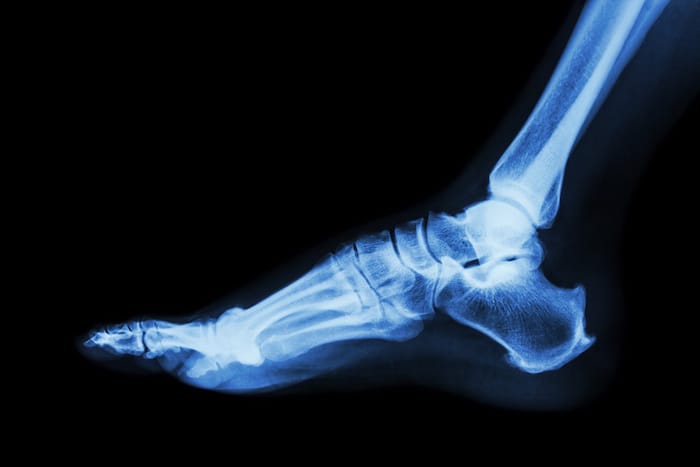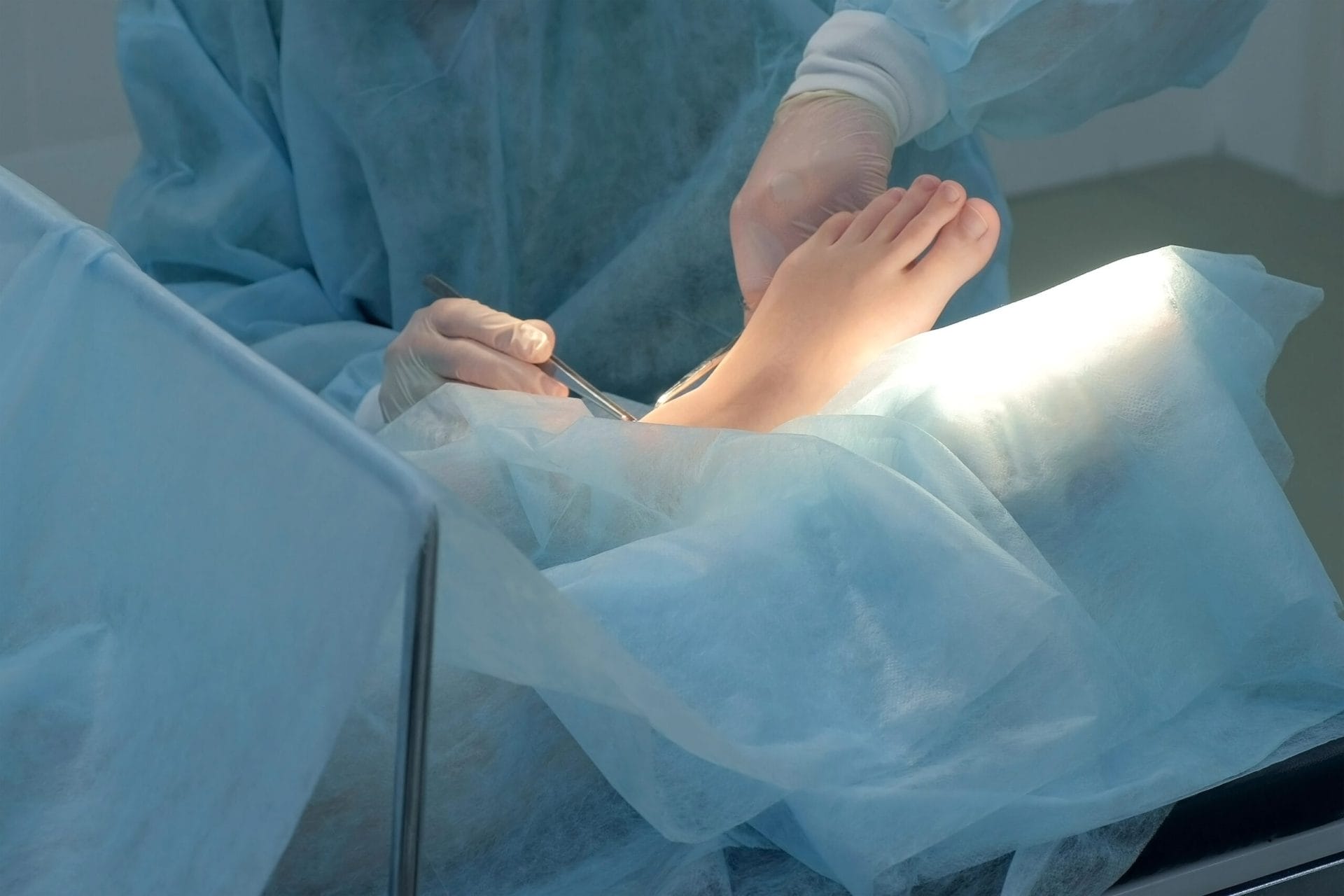Preparing for any form of surgery can be stressful, but it’s critical to promote faster healing to get you back on your feet as soon as possible. Hence, this is no different when it comes to foot surgery preparation. Because the feet are the most active part of the body, they must be specially cared for even after effective treatment.
Many people get cosmetic foot surgery to enhance their attractiveness. Toe contouring and foot narrowing are some of the most common foot cosmetic procedures. Toe shortening is becoming a more popular alternative for folks who don’t like the feeling of their toes pinching at the tip of their shoes. If you’re thinking about having corrective aesthetic foot surgery, the following advice can help you prepare for it.
- Consult With Your Surgeon
If you’re having corrective cosmetic surgery for feet, you must discuss your concerns, fears, and questions with the surgeon. Inquire about the surgical technique and what to expect before, during, and after the procedure. Your surgeon may conduct various laboratory tests to determine whether you’re in good enough health to undergo surgery.
Every surgeon wants their patients to be as informed, at ease, and confident as possible before and after surgery. The more you learn, the more educated your selections will be as it makes you better prepared for the aftercare.
- Ask For A Second Opinion
Second views are critical in the decision-making process for anyone considering a medical procedure. Several health insurance plans may demand elective surgery. The second doctor will almost always affirm what the first doctor said. This is a significant step because it increases your confidence in your selection. On the other hand, a different doctor may have a different point of view, more training, or treatment choices to offer you.

- Cook Meals In Advance
Before departing for surgery, stock up on healthy meals to use in meal preparation or to eat on their own. It not only eliminates the need for food delivery, but it also ensures that you consume balanced meals rather than high-calorie ones.
Meal preparation will also help you avoid spending too much time on your feet following surgery, which will slow down your recovery. Prepare and preserve enough food to last you two weeks while you heal. You could also include fresh vegetables and fruit for snacks.
- Finish Household Tasks
Make sure you’ve completed all of your household tasks before proceeding with the surgery. Vacuum and replace your bedsheets and do your laundry and folding. Ensure you have enough toilet paper and toothpaste in conveniently accessible areas. Keep an eye out for carpets, matting, and other potential tripping hazards. You should secure or remove them before undergoing your surgery.
- Set Your Recovery Area And Tools
Consider how you can make your life easier after surgery. If your rooms are on the second level, you can create a makeshift sleeping area in the living room or wherever on the first floor.
Clothing, devices, chargers, pillows, blankets, and water bottles should all be kept on available to keep your temporary room warm. Make your restroom more patient-friendly by installing low-level stools and safeguarding gadgets. Purchase post-operative mobility aids such as a shower chair, hand-held shower head, crutches, and higher toilet seats if necessary. It would be best to consider a tool to keep the splint or cast dry when showering.
- Follow Your Pre-Operative Instructions Strictly
Your doctor will provide you with pre-operative instructions. For example, if your surgery necessitates general anesthesia, they may instruct you to fast from midnight the night before the procedure. Common instructions include:
- Bringing vital papers.
- Dressing in loose-fitting clothing.
- Arranging for a driver following surgery.
These guidelines are quite crucial as they exist to safeguard your health and well-being. Suppose something gets stuck or isn’t digested properly by your stomach, the anesthesia or operation might cause you to vomit. In that case, your procedure may become more complicated, and your particular risk may increase.
- Seek Extra Help
Engage family, friends, and even professionals to help you with chores that you cannot complete on your own until you can manage your rehabilitation. Make plans for someone to do the dishes, care for the dogs, and keep an eye on the kids. You can also hire someone to clean your house and do your laundry.
If you have pets at home, you’ll want to make sure they’re cared for while you’re recovering. If you can’t care for your pets on your own, arrange for them to be fed and taken for walks with friends or relatives. Allowing your animals to roam freely in your home could create accidents, such as tripping.
Takeaway
You can significantly reduce your stress level by taking a few simple actions to prepare yourself and your house before your foot surgery. This is highly encouraged for a quicker healing process. Additionally, your level of trust in your surgeon is more significant than almost any other consideration. If you’re considering foot surgery, make sure you and your surgeon collaborate and communicate efficiently to achieve the best results.
Throughout the year, our writers feature fresh, in-depth, and relevant information for our audience of 40,000+ healthcare leaders and professionals. As a healthcare business publication, we cover and cherish our relationship with the entire health care industry including administrators, nurses, physicians, physical therapists, pharmacists, and more. We cover a broad spectrum from hospitals to medical offices to outpatient services to eye surgery centers to university settings. We focus on rehabilitation, nursing homes, home care, hospice as well as men’s health, women’s heath, and pediatrics.








